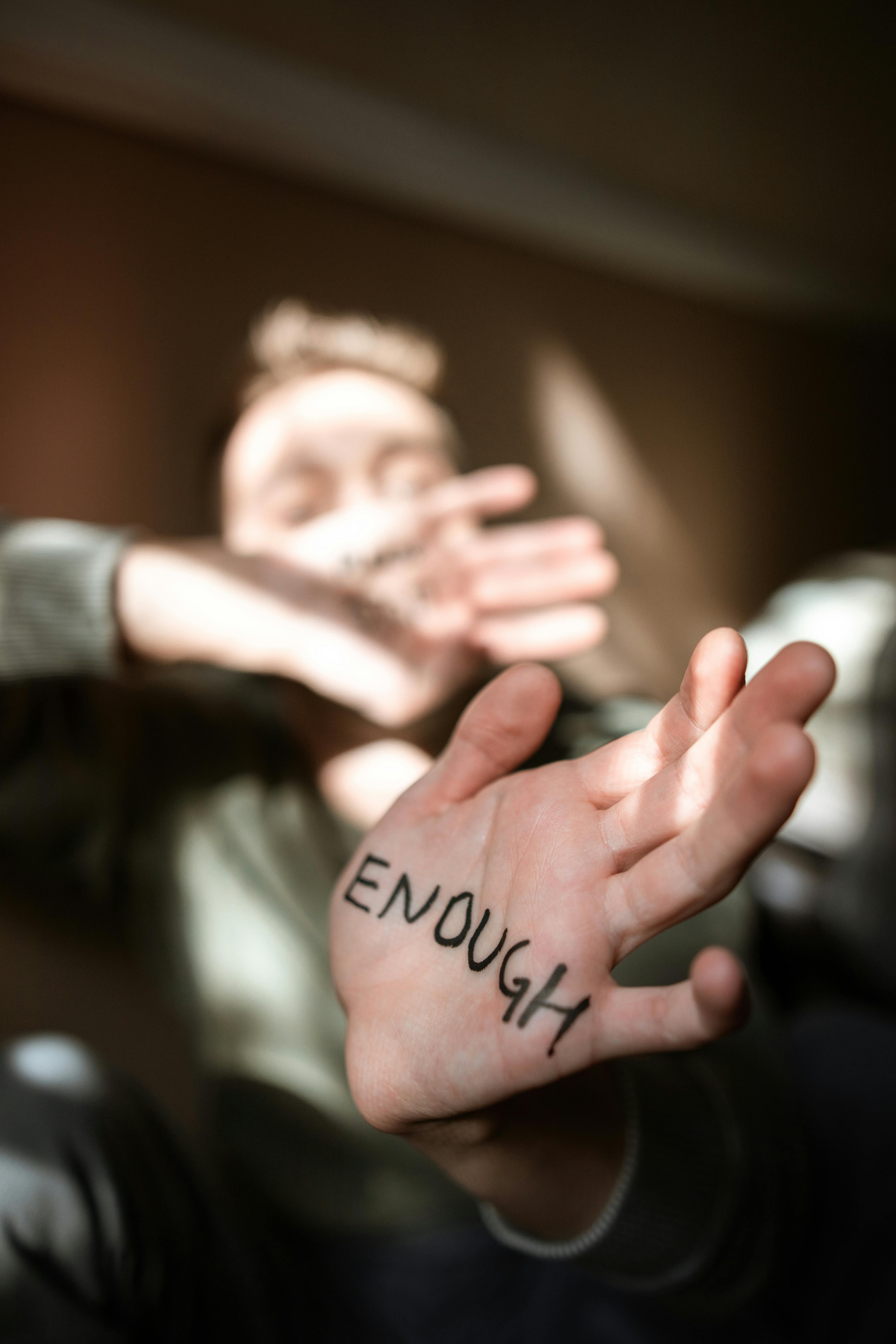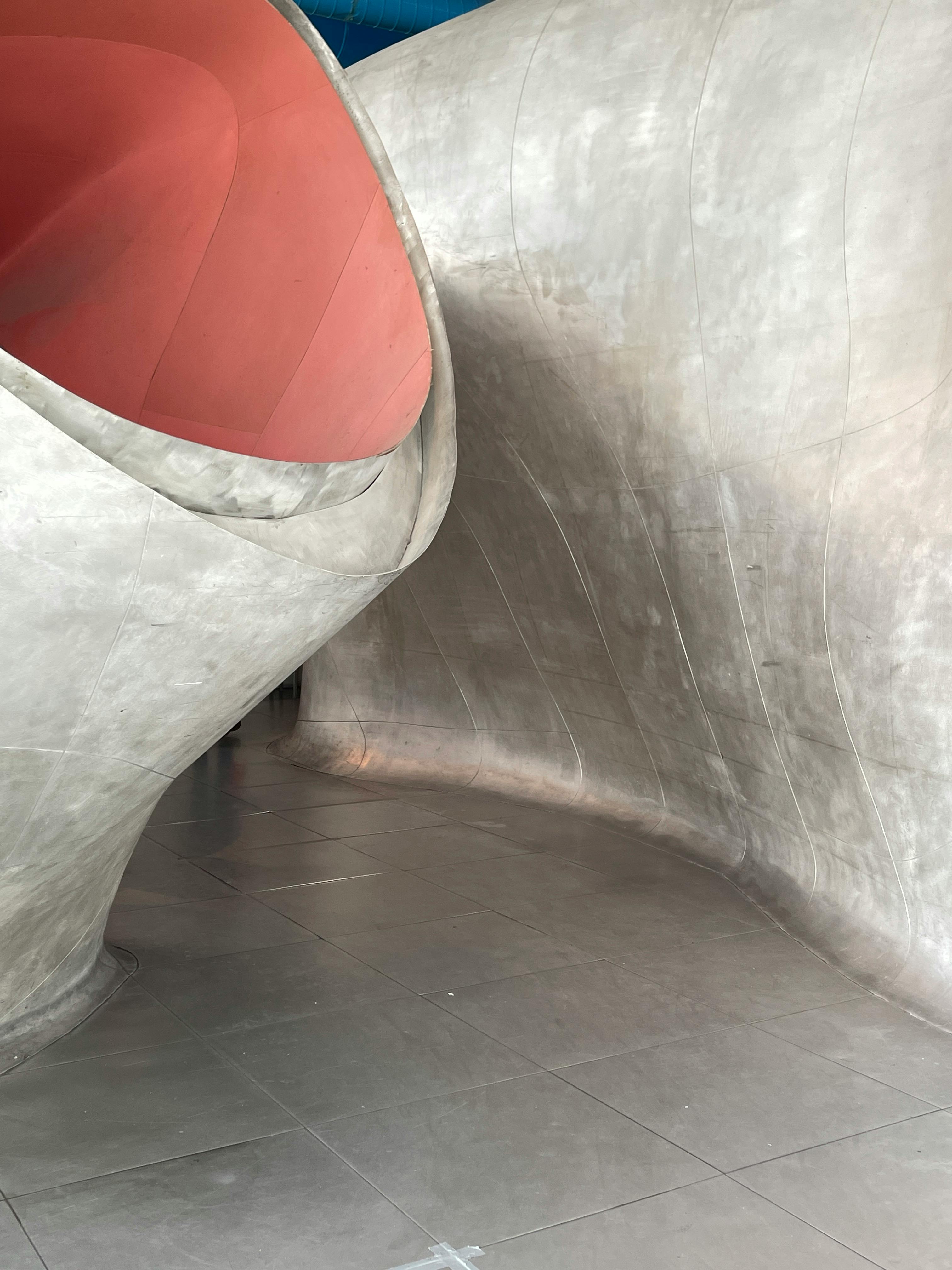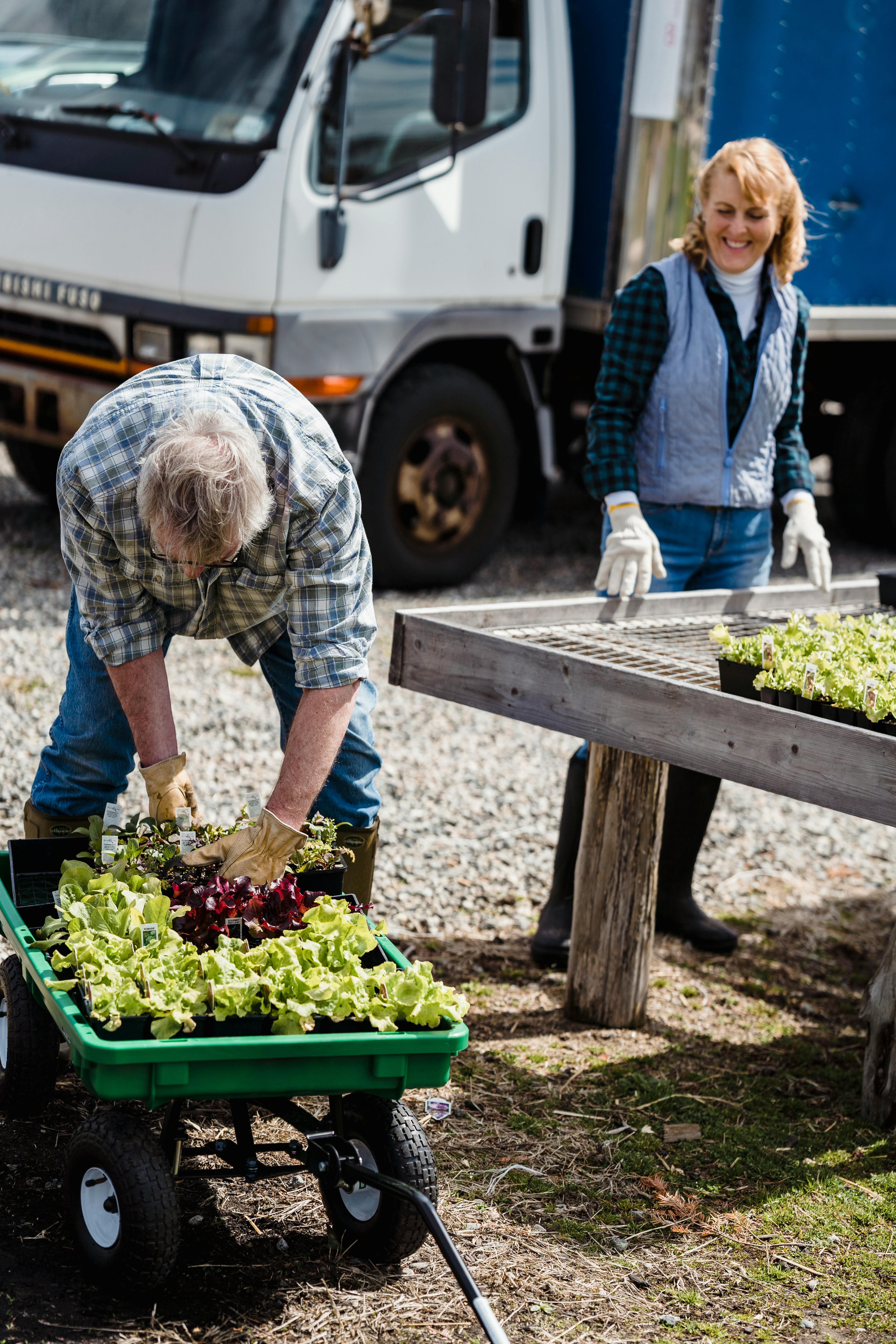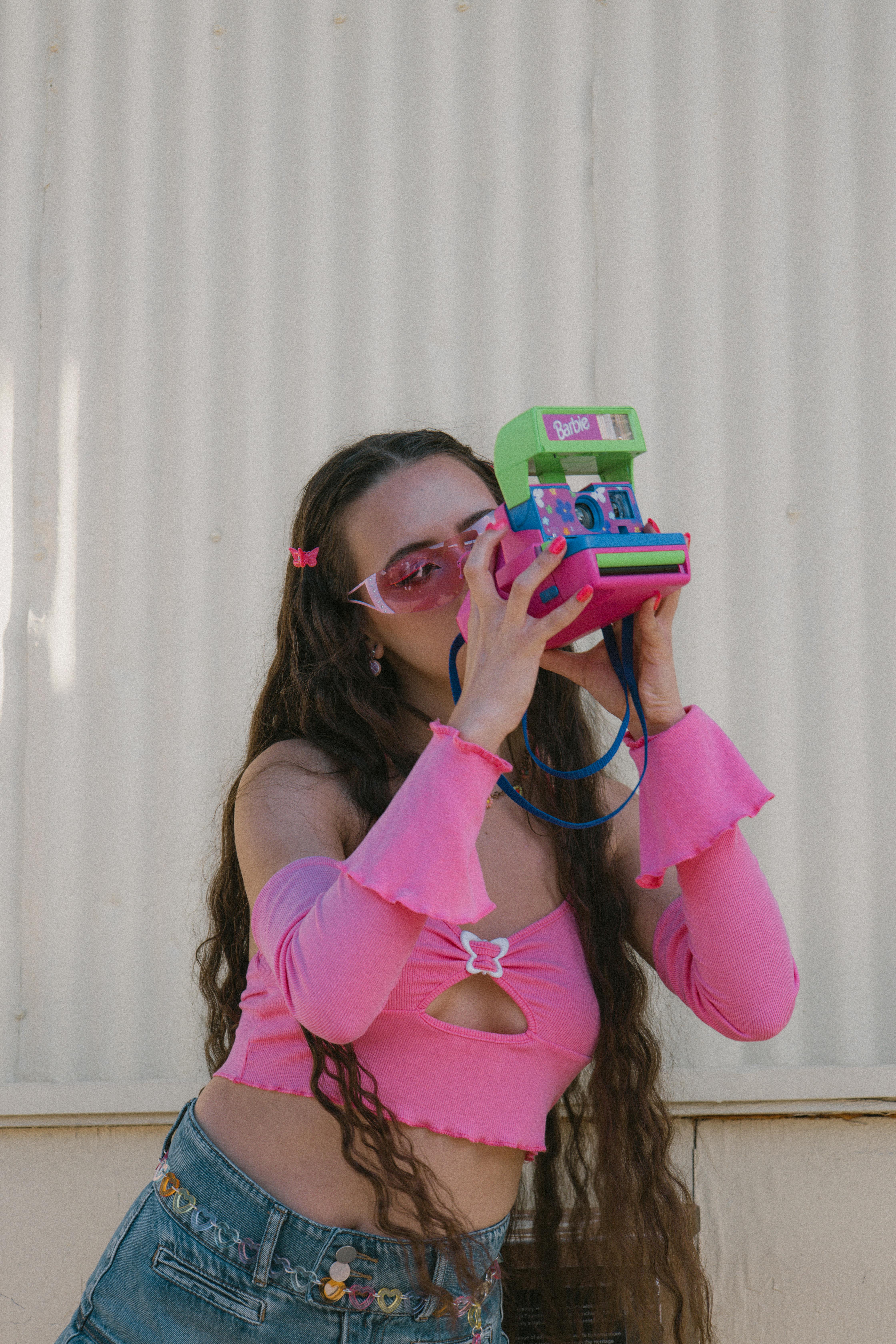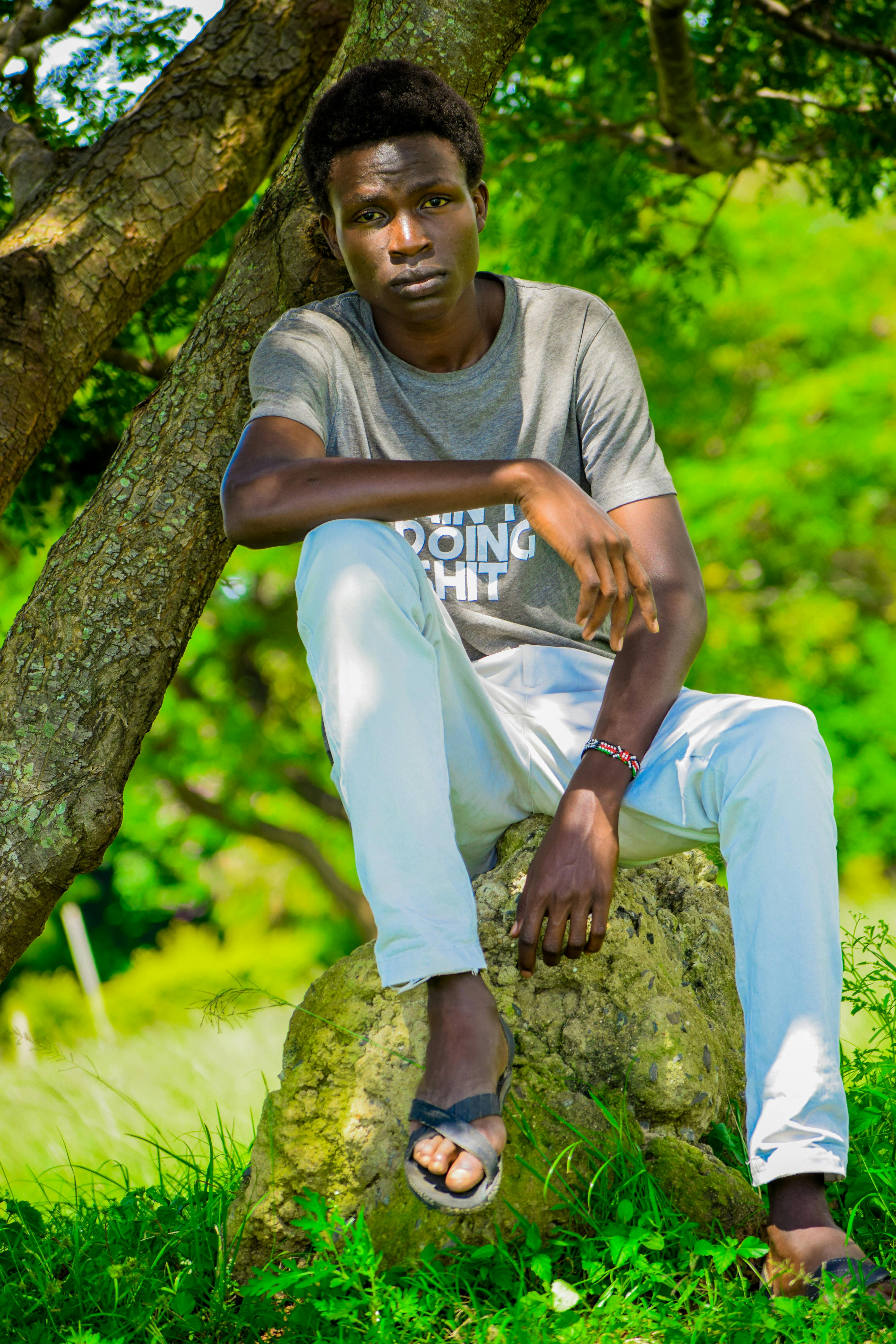In a recent Vogue podcast interview, Coach's creative director Stuart Vevers shared his personal journey toward embracing sustainability. His candid discussion reveals the internal struggle many face when confronted with the significant environmental challenges of the fashion industry, and how he ultimately overcame his fears to implement impactful change at Coach.
The Turning Point: Confronting Fear and Embracing Action
Vevers's honesty about his initial hesitation is refreshing. He admitted to feeling overwhelmed by the scope of the problem, a feeling many in the industry share. However, a crucial moment of realization prompted his shift. He recognized that inaction was no longer an option and that leadership meant taking responsibility for the brand's environmental impact. This honest reflection provides valuable insight into the challenges of implementing sustainable practices in a large luxury brand.
Coach's Sustainability Initiatives: Concrete Steps Toward a Greener Future
The podcast delves into the specific initiatives Coach has undertaken under Vevers's leadership. These likely include initiatives related to sustainable materials sourcing, reduced waste, ethical manufacturing, and potentially circularity programs. These concrete actions demonstrate a commitment to tangible progress beyond mere rhetoric—a crucial aspect for building trust and credibility in the fashion industry's sustainability efforts. Further research into Coach's published sustainability reports would offer more detail.
Inspiring Change in the Luxury Fashion Sector: A Call to Action
Vevers's story serves as an inspiring example for other luxury brands facing similar challenges. His journey underscores the importance of open dialogue, honest self-reflection, and decisive action. By sharing his experiences, he empowers other leaders to confront their own fears and take concrete steps towards a more sustainable future for the luxury fashion industry. His leadership demonstrates that sustainability and luxury can coexist and even enhance each other. This is a crucial message in the ongoing conversation about ethical and sustainable practices.
